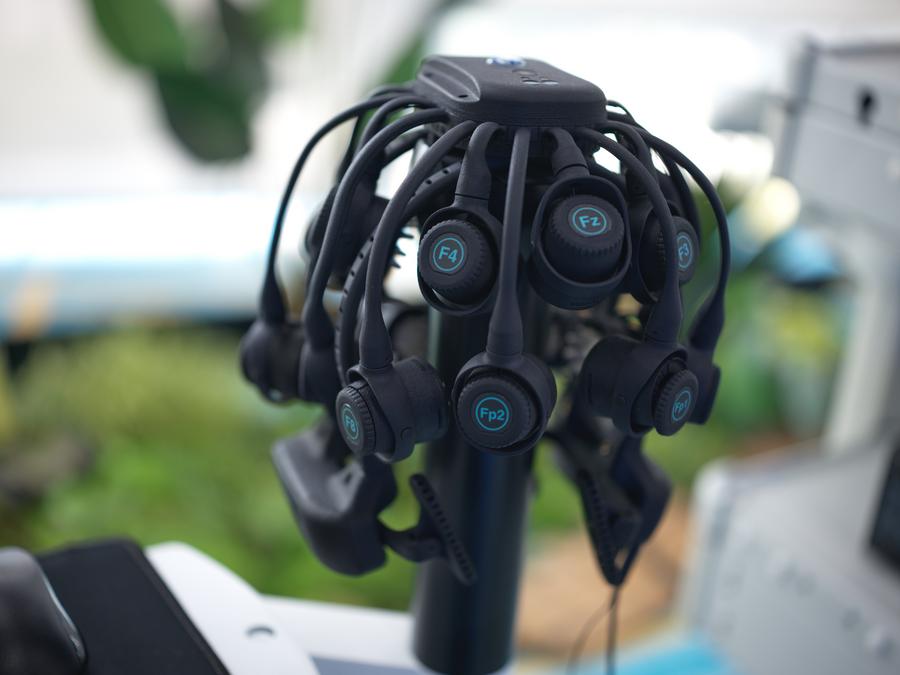Growing recognition of Chinese medical devices
With continuous improvement of China's industrial design, medical research levels, innovation in development of such products is soaring


In the City of Future Medicine, an industrial park, workers at Chengdu Seamaty Technology Co Ltd are packing biochemical analysis reagents. This batch of goods is set to be shipped globally from Chengdu.
This "little giant" firm, which refers to novel and elite small and medium-sized enterprises that specialize in a niche market, boasts cutting-edge technologies and shows great potential, focusing on the research and production of point-of-care testing medical devices. The firm has already sold its medical products to more than 150 countries and regions worldwide.
In its quality inspection center, hundreds of fully automated biochemical analyzers undergo pre-shipment quality checks.
"This shipment of instruments will be sent to Europe. Last year, our company's total sales reached 320 million yuan ($44.6 million), and in the first five months of this year, our international business increased by 59 percent compared to the same period last year," said Wang Bin, deputy general manager of the company, highlighting that the growth in overseas orders reflects an increasing acceptance of Chinese medical device manufacturing products in international markets.
Innovative technologies such as 3D printing, organ-on-chip systems, nanorobots and brain-computer interfaces are advancing the scientific research applications of medical devices in China, presenting a future-oriented medical landscape.
At Chengdu Tianqi Additive Intelligent Manufacturing Co Ltd, personalized patient-matched medical solutions are being precisely created with 3D printing technology. It uses computer-aided design and manufacturing modeling, and a layer-by-layer printing process to turn virtual designs into physical products, making the envisioned design a tangible reality.
In a modern manufacturing workshop, dozens of industrial printers operate in an orderly manner, with a laser engraver precisely etching patterns in titanium alloy powder to an accuracy of 0.01 millimeter.
Within just a few hours, products such as patient-matched maxillofacial bone plates are printed. This seemingly ordinary industrial scene reflects significant advancements that China has made in the realm of precision medical manufacturing.
Compared to the handmade bending of bone plates in the past, 3D printing offers a more precise, convenient, safe and stable way to create customized products.
"We are currently conducting custom production for a case in Singapore. Engineers input patient data transmitted from the hospital into the system and the AI algorithms aid designers in creating personalized data models for patient facial reconstruction, which are then integrally formed via metal 3D printers," said Gao Bangkui, marketing director of Chengdu Tianqi Additive lntelligent Manufacturing Co Ltd.
Gao added that in the future, the company will prioritize serving the Middle East, Africa and Southeast Asia to meet the customized medical needs of countries and regions participating in the Belt and Road Initiative.
Xinhua




































